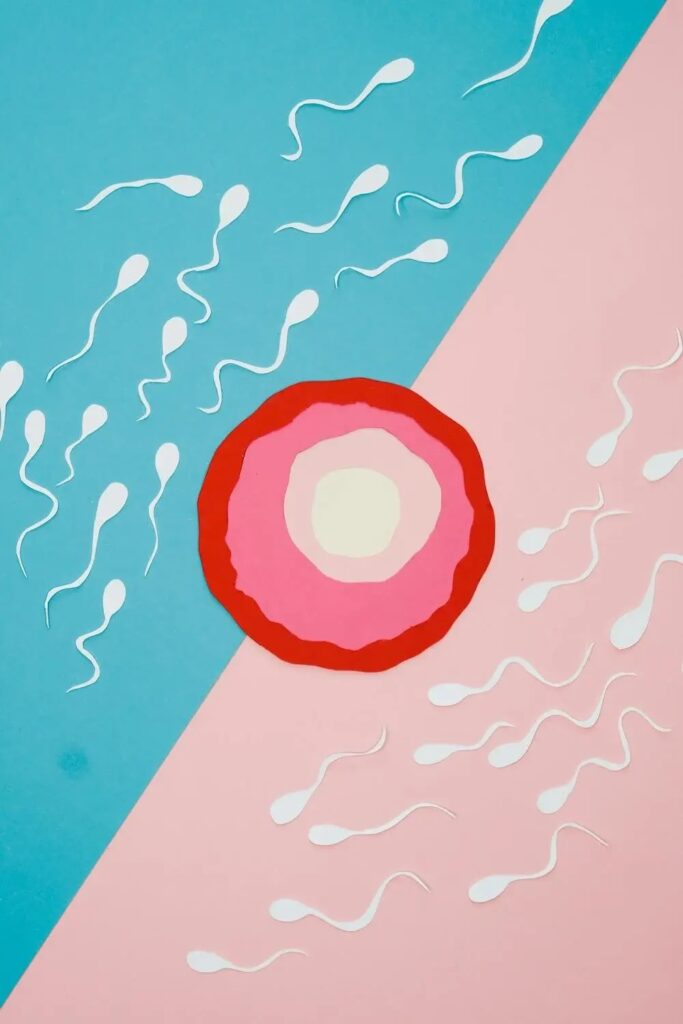The Alarming Decline in Male Fertility: Causes and Implications

Recent studies have revealed a significant global decline in male fertility, particularly in
Western countries. Research shows that between 1973 and 2011, sperm concentrations
dropped by approximately 52.4%, with total sperm counts declining by nearly 59.3%.
This downward trend in sperm health is becoming a growing concern among
reproductive health professionals and intended parents alike.
Multiple environmental and lifestyle factors have been linked to this fertility decline. High
consumption of ultra-processed foods has been associated with reduced sperm count,
concentration, and motility in men of reproductive age. Additionally, exposure to
endocrine-disrupting chemicals found in everyday items such as plastics, pesticides,
and personal care products can interfere with hormone regulation critical for
reproduction. Air pollution also plays a significant role, as it has been connected to
increased sperm DNA fragmentation, chromosomal abnormalities, and reduced sperm
quality overall.
Why This Matters
The decline in male fertility has profound implications. Lower sperm quality can lead to
increased time to conception and higher miscarriage rates, putting emotional and
financial strain on couples trying to conceive. On a larger scale, falling fertility rates may
impact population growth, disrupt demographic balances, and bring about long-term
economic and social challenges that affect the structure of society.
The consequences of this decline are far-reaching. As more couples struggle with
infertility, there is a growing reliance on assisted reproductive technologies, sperm
donation, and surrogacy to build families. In response, Surrogacy Concierge remains
committed to supporting individuals and couples facing fertility challenges by offering
expert guidance, personalized fertility solutions, and compassionate care tailored to
each family-building journey.
